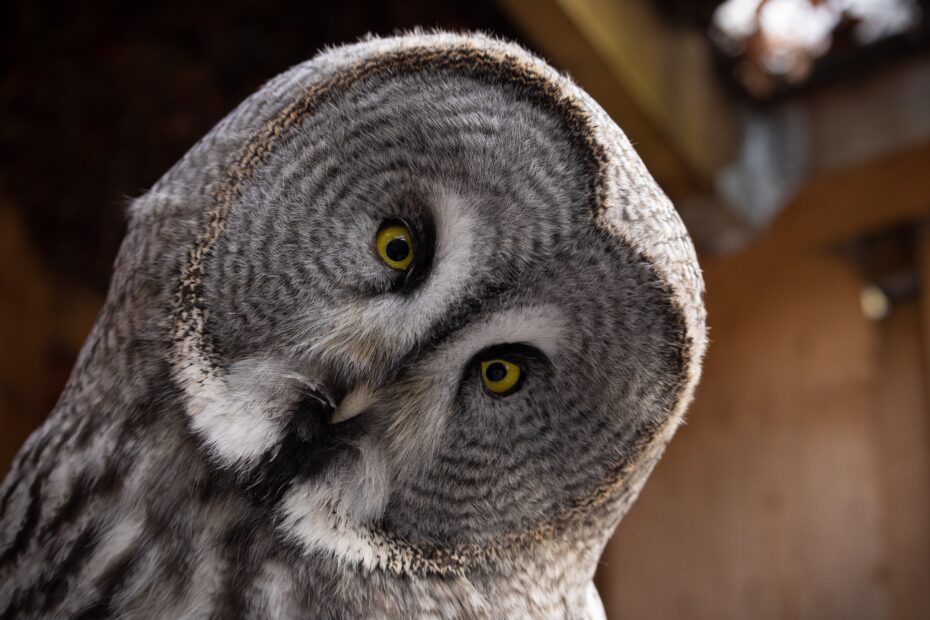“Hi. My name’s Carianne. Do you believe in killing little babies?” a young girl introduced herself to me at my front door. She couldn’t have been more than eight years old, with long, stringy blonde hair and freckles. Her brown eyes were wide and innocent.
“Hi,” I replied. “My name is Ira. I’d have to check, but, no, I don’t think I believe in killing babies.”
“That’s good,” Carianne simply stated.
“Do you know what abortion is?” I asked her.
Carianne wrinkled up her nose. A bortion? That’s a funny sort of name for something, isn’t it? Bortion?”
I smiled. “Who told you I believed in killing babies?”
“They did,” the girl answered, pointing to the small group of adults who stood on the street in front of my house. Around their feet were signs saying “Child murder is no laughing matter” and “You wouldn’t be laughing now if your mother had an abortion” and the like. “Want to have a little fun?” I asked Carianne. She nodded generously. “Follow me,” I commanded, and we walked towards the protestors.
“Can I carry one of your signs?” I innocently inquired. “You seem to have run out of energy…”
The man closest to me narrowed his eyes, looking at me very suspiciously and, after a second, nastily responded, “Aren’t you the guy we’re picketing against?”
I blushed and modestly admitted that I was.
From behind him, the only woman in the group harshly asked, “Are you trying to be funny?” I shrugged pleasantly.
“You know what we’re here for,” another of the group said. “We disagree with your stand on abortion. And, I might add, we aren’t crazy about what you’ve written on gun control, arms control…I guess we just hate everything you stand for. So, are you going to stop writing this stuff?”
I looked benignly at them. “I enjoy writing, and I don’t intend to stop. And, I’m certainly not going to abandon what I believe in…”
The man picked his sign off the ground and raised it above his head. “Then, we may be here for a while.” As I let this comment die, a horn slowly grew out of his forehead, and his arms became huge wings. Carianne started to giggle, and I had to turn towards her and put a finer to my lips to impress the seriousness of the situation upon her.
“Surely,” I said, turning towards them, “there must be better ways of resolving disputes between individuals than harassing people who are exercising their legal rights. You know: courts, discussion groups…therapy? Letters to the editor?”
“Discussion doesn’t work with your kind,” the man closest to me sneered, unaware that two of them behind him were developing polka dot complexions, one green, the other orange. I could hear Carianne stifle more giggling. “And, so far, the courts have let us down. We hope to be able to stop the murder by making those who support it outcasts in their own community.”
“Why don’t you picket those who perform abortions?” I asked.
“We did,” the man with the orange polka dots stated, “but it didn’t work. They only got sympathy from the people in their neighbourhoods.” The other members of the group glared at him.
“Good for them,” I murmured.
“So,” the woman added, “we decided to picket members of the liberal media who support abortion in order to get them to change what they – what you write.” The woman’s torso mutated into a letter box. Carianne laughed, but I tried hard to ignore her.
“Frankly,” I commented, “I find this whole display – especially your rhetoric – abhorrent. Where do you get off calling people who believe women should have control of their reproductive functions murderers? As usual, I see that there are few women in your group. Look…we may have a disagreement over when life begins, but what makes you think you have the right to use innocent children like Carianne against people you don’t agree with? Don’t any of you find that even the slightest bit immoral?”
“.gnillik eht pots ot,” the man closest to me said, shortly. “,ot evah ew tahw od eW” The other people in the group looked at each other, not sure what to make of what he said. I turned towards Carianne and laughed. “?ta gnihgual uoy era tahW” he asked.
Impolitely, Carianne and I cracked up.
The men with the polka dots looked at each other, confused. ?stun yeht erA” the man closest to me asked the other protesters. “meht htiw gnorw si tahW” The man with the horn and the mail box woman looked at each other, but didn’t know what to say. “?ereh no gniog s’tahW ?em rewsna ydobemos lliW”
I drew Carianne away from the confused mob. “That was fun!” she enthusiastically told me. “Do it again!”
“It’s not the sort of power you’d want to abuse,” I said, although I’m not sure she understood. Then, seriously, I added: “I want you to learn something from all of this Carianne.”
“I thought you might,” she responded. Young children can be more perceptive than a lot of adults might like to think.
“Some people,” I explained, “have closed their minds to the ideas and beliefs of others. They are extremists, and rational arguments don’t work with them.”
“Why not?”
I shrugged. “They don’t believe that they can be wrong. There’s nothing wrong with believing you’re right, but, if you can’t admit the possibility that somebody you disagree with is right, you’ll never have respect for their views. That sort of thing makes people do bad things. Do you know how you can tell people like that?”
“How?”
“Extremists,” I stated, “have no sense of humour.”


